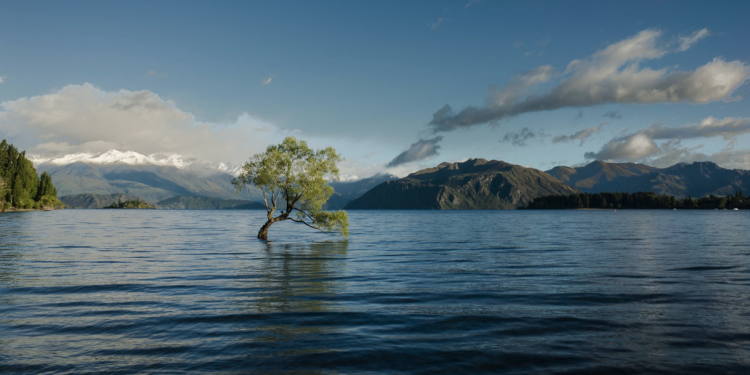
Earthquakes, cyclones, floods, droughts, are all legitimate conditions that you don’t wish to run into when setting up your expat life abroad. But as nature’s power is unfathomable, natural disasters cannot be utterly stove off. However, their catastrophic impact can be dwarfed with the key infrastructure in place, cross-sector coordination, and operative technology. So, before you let fears and misreport put the parachute on your expat ambitions, refer to our recap of this year’s World Risk Index, and grasp the difference between exposure and vulnerability.
Exposure vs. vulnerability
To understand the disaster risk of a specific country when a natural event hits, we have to take into consideration two factors — vulnerability and exposure. The more vulnerable a society is, the higher the risk at the unfortunate state of a natural disaster. For example, Liberia and Zambia aren't tremendously exposed to natural disasters, but they are very vulnerable due to their economic stagnation and lack of infrastructure (transportation, telecommunications, health care, electricity and water supplies).
On the other hand, Japan, even though it's well-prepared and equipped to cope with natural disasters, it's also extremely exposed to earthquakes, typhoons, and tsunamis — which explains its high position in the World Risk Index among 170 other countries. So, solid infrastructure and a systematic plan of action can definitely save lives, but aren't necessary eliminating all risks.
Natural disasters: The countries that are least at risk
Choosing the right country to move to is a challenging project, and in advance research and preparation can only guarantee success to a certain extent. While unpredictability is one of the charms of expatriation, in critical circumstances you would probably like to know that the odds will be in your favour.
From a list of 171 countries, the least at risk to be devastated by a natural disaster — if occurred — according to the World Risk Index are: Qatar, Malta, Saudi Arabia, Barbados, Grenada, Iceland, Bahrain, Kiribati, United Arab Emirates, Sweden, Norway, Finland, Singapore, Egypt, and Israel. These are developed countries with simultaneously low level of exposure.
Effective management of natural disasters
A humanitarian crisis emerges when fundamental infrastructure (electricity and water supply, access to medical care, etc.) is ruined by a natural phenomenon. But developed countries with the use of modern technology and local resources, coordination and collaboration, aren't meant to freeze in the occurrence of a natural event — they have the privilege to be able to think and plan ahead, so they invest in good quality infrastructure, approved and certified.
School buildings, bridges, roads, railroads, and runways are built with reliable, safe, and long lasting materials. To put things into a perspective, in Africa there are only 65 km of paved road per 100,000 people while in Europe there are 832 km. In a crisis, these unpaved roads become impassable, which makes the timely arrival of help almost impossible. Also, advanced countries are more likely to focus on meeting green goals, addressing climate change, and educating their population on the impact that human activities have on the natural environment.
Leave us a comment: How exposed to natural disasters and how vulnerable is the country that you live in? Do natural events affect your day to day life?



















